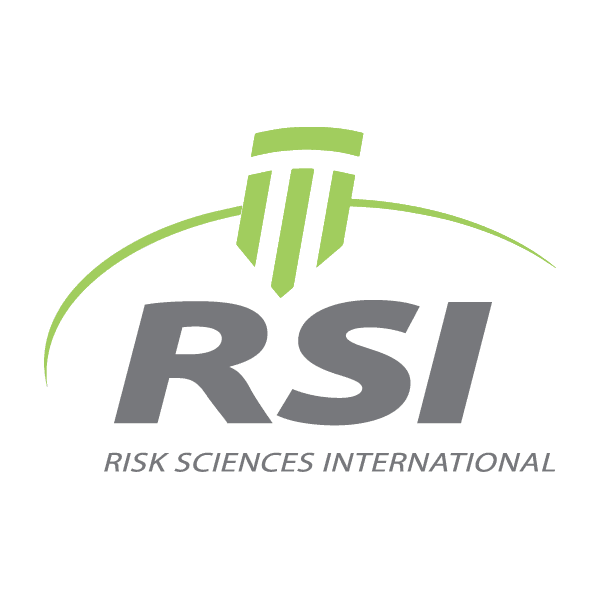Safe drinking water is a fundamental public health necessity. Contamination incidents — whether microbial, chemical, or physical — can rapidly undermine community trust and cause acute or long-term health harms. Challenges range from aging infrastructure and source water contamination to emerging contaminants such as pharmaceuticals, PFAS, and microplastics. Climate change further stresses water systems by intensifying droughts, floods, and extreme weather events.
Managing drinking water safety requires coordination across multiple levels of government, utilities, industry, and communities. Regulators establish health-based standards, operators must maintain treatment and distribution systems, and the public expects transparency and reliability. Vulnerable populations, including rural and Indigenous communities, often face heightened risks due to limited infrastructure and resources.
Risk sciences provide the evidence base to assess hazards, evaluate treatment effectiveness, and guide decision-making under uncertainty. They also support risk communication strategies that help utilities and governments maintain public confidence during incidents or advisories. By integrating health data, exposure assessments, and environmental monitoring, risk sciences enable more resilient and equitable water systems.
RSI is dedicated to advancing safe drinking water management, bringing expertise and experience that help protect communities and strengthen trust in this essential service.
RSI experience in Drinking water
In our work at RSI, we have led several significant projects related to drinking water. One of our projects involved researching the health effects of natural lithium found in the groundwater sources of public supply wells in the United States. Our report, serving as a backgrounder for water utilities, compared the health effects of lithium concentrations in groundwater with those in a range of natural water and food sources, as well as the known health effects of high-dose lithium used in pharmaceutical drugs.
Another project we undertook aimed at supporting the EPA's responsibilities under the Safe Drinking Water Act. We proposed the use of innovative technology for detecting and measuring a wide range of contaminants in drinking water sources in the US. This project underscores our commitment to advancing the understanding and management of drinking water quality, thereby contributing to the protection of public health.

